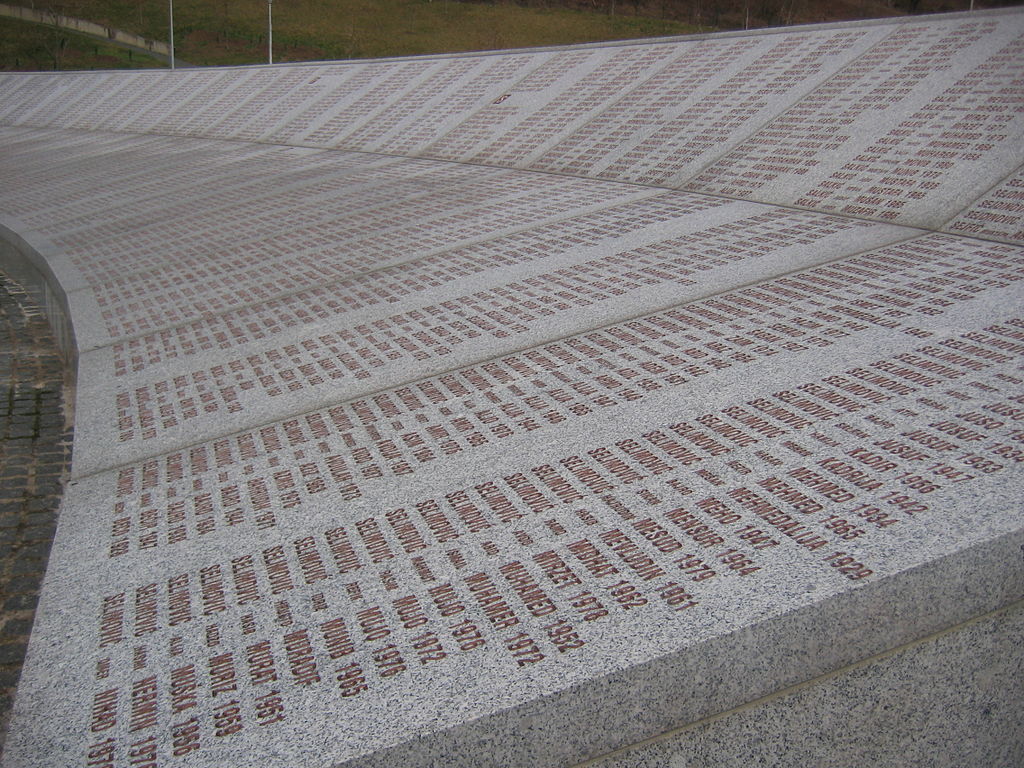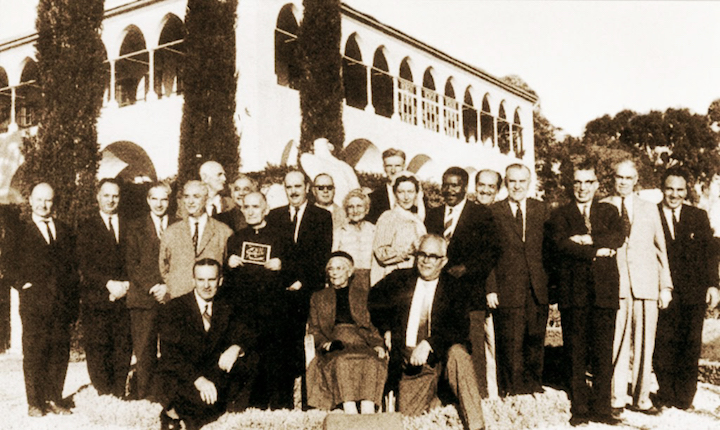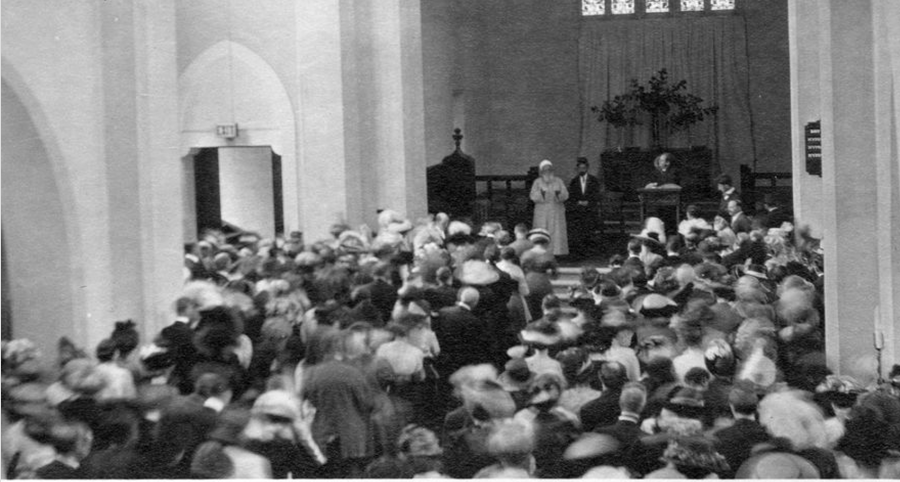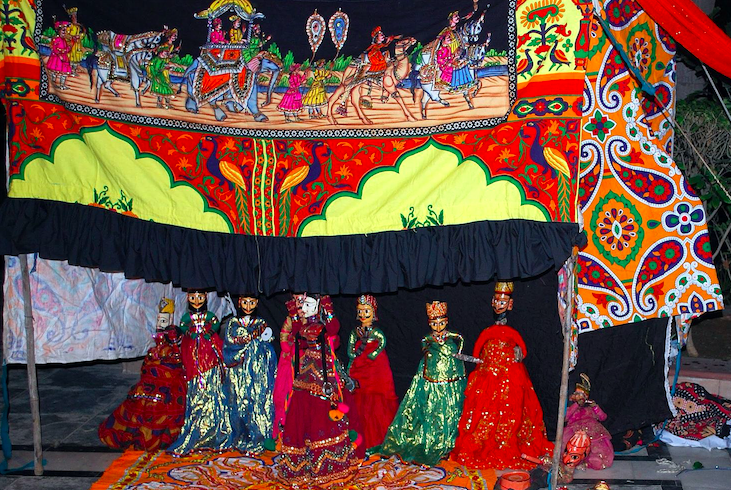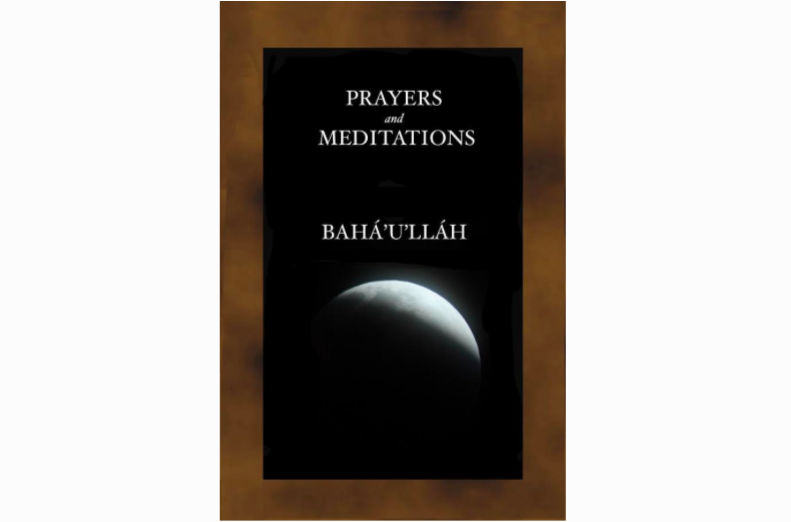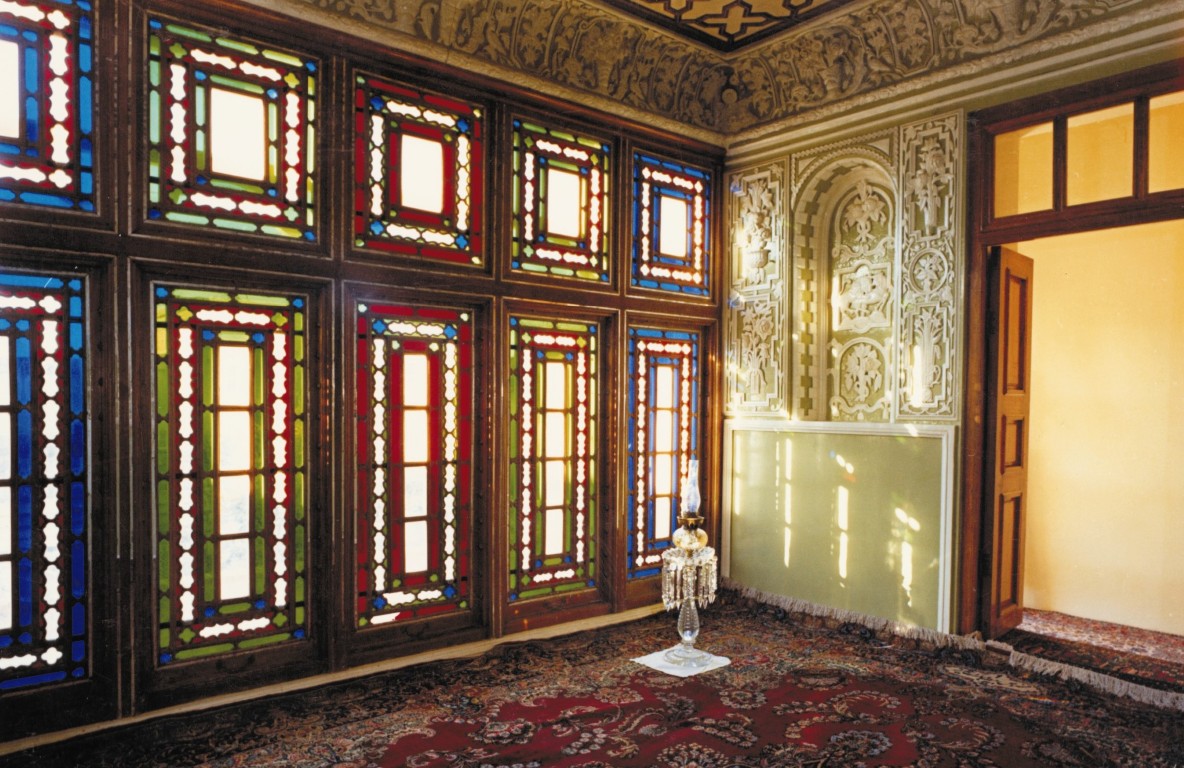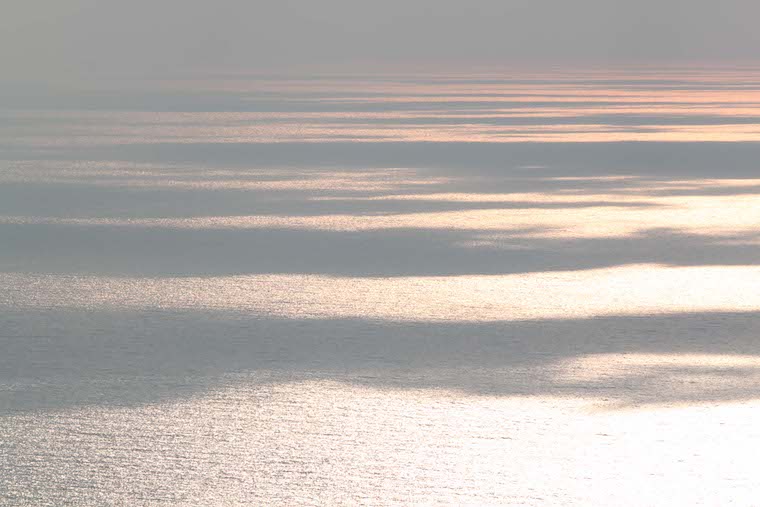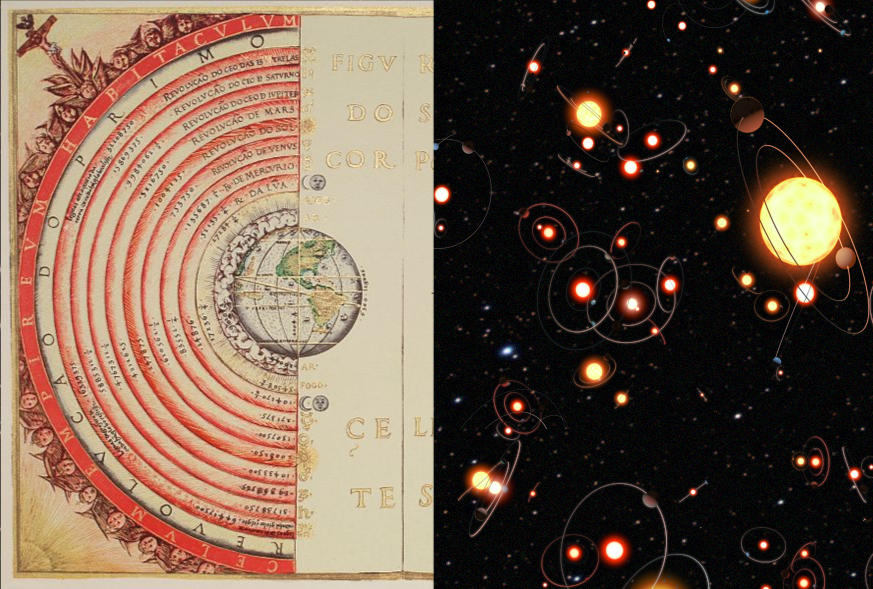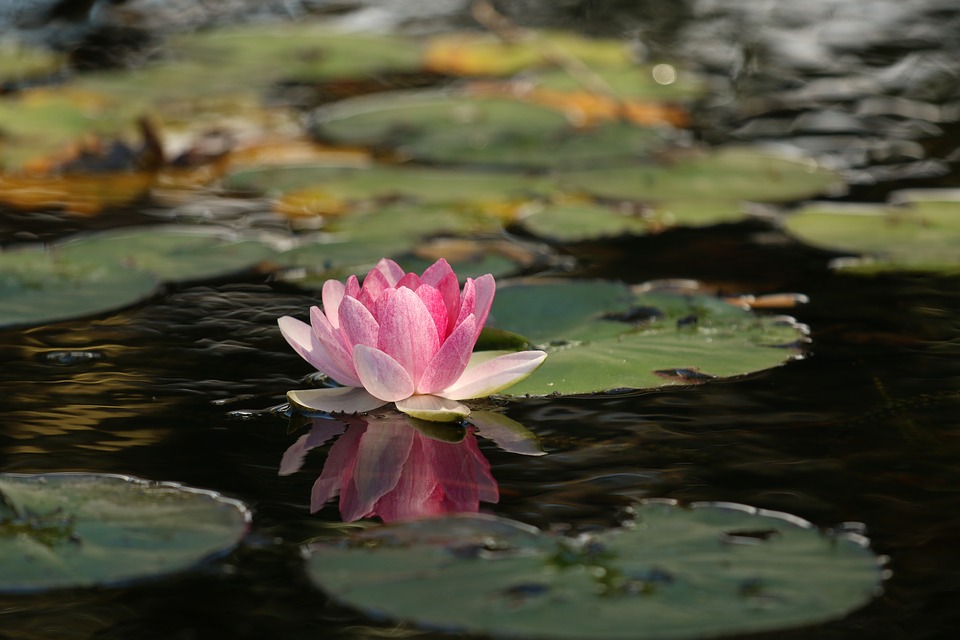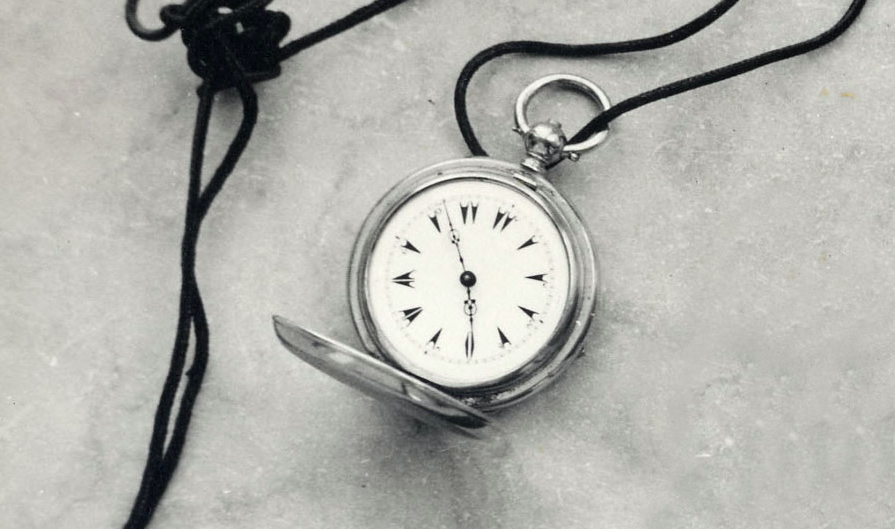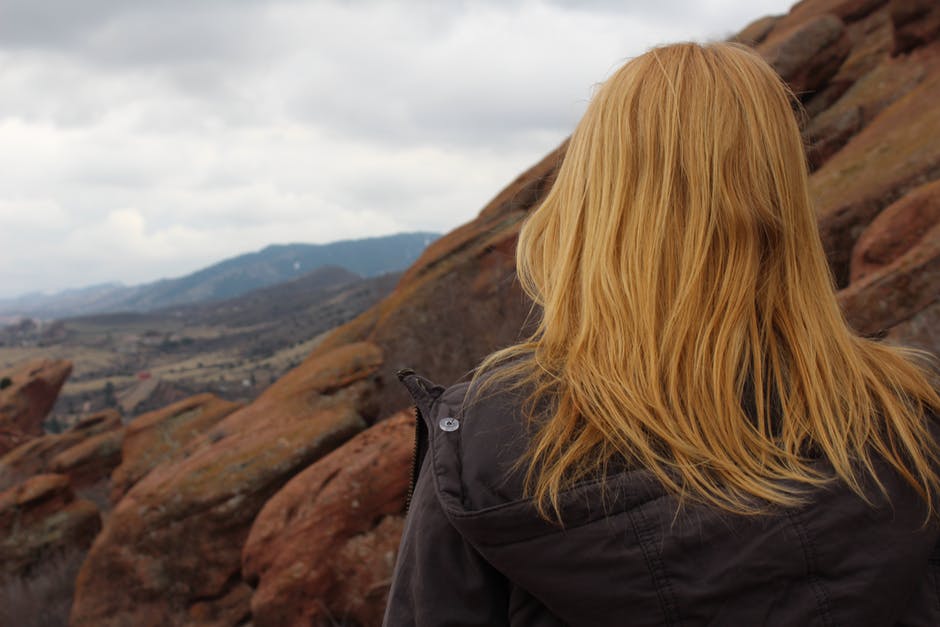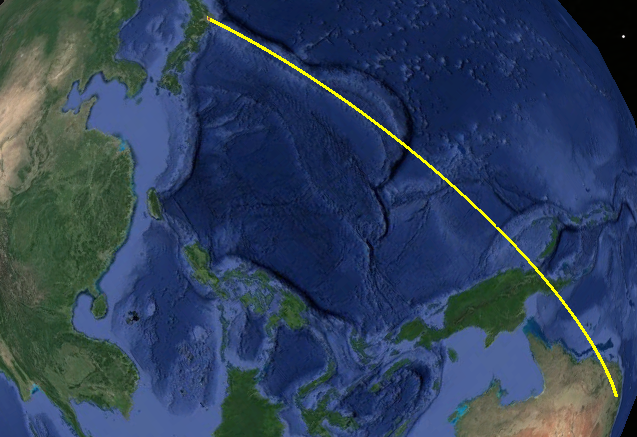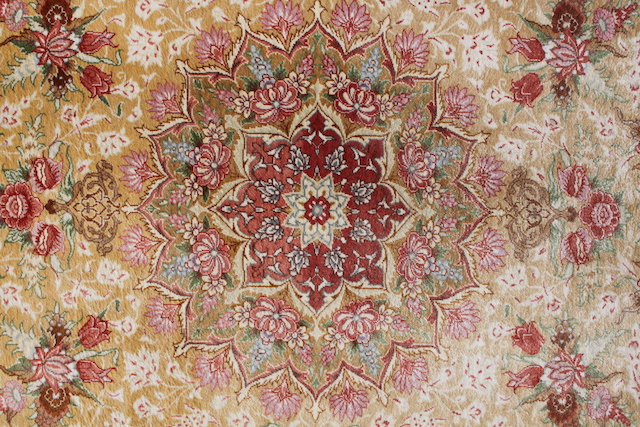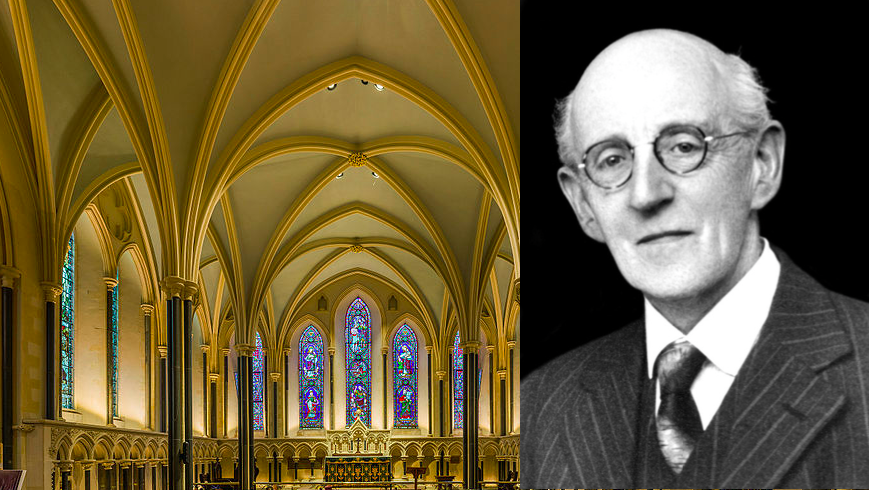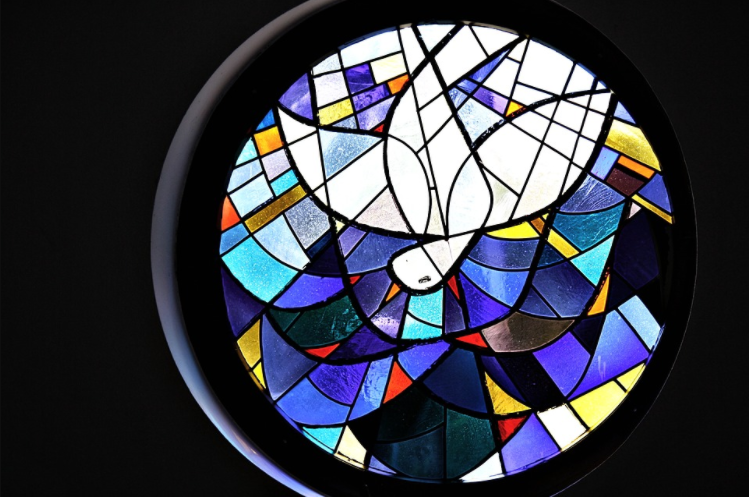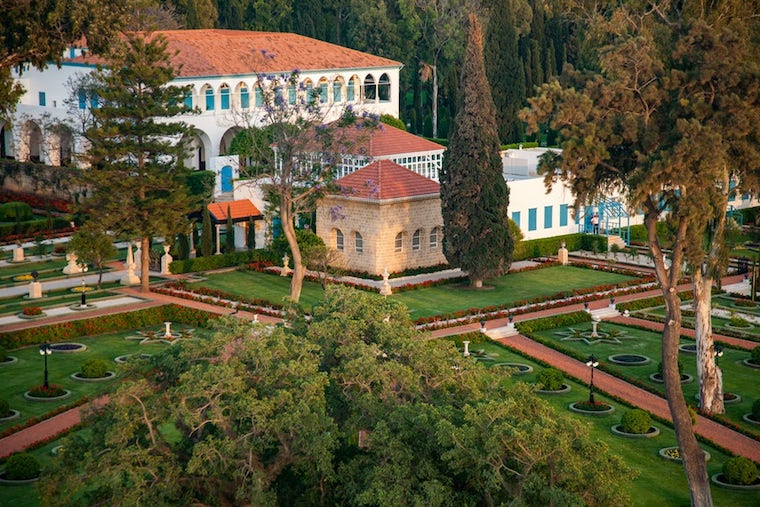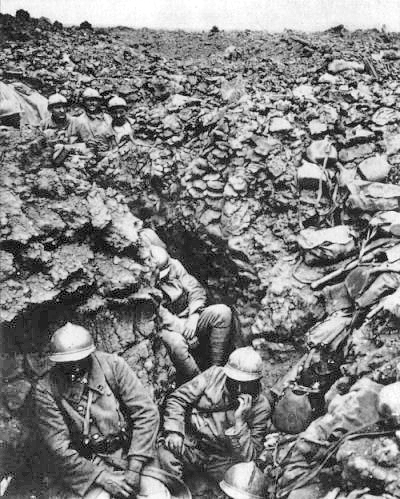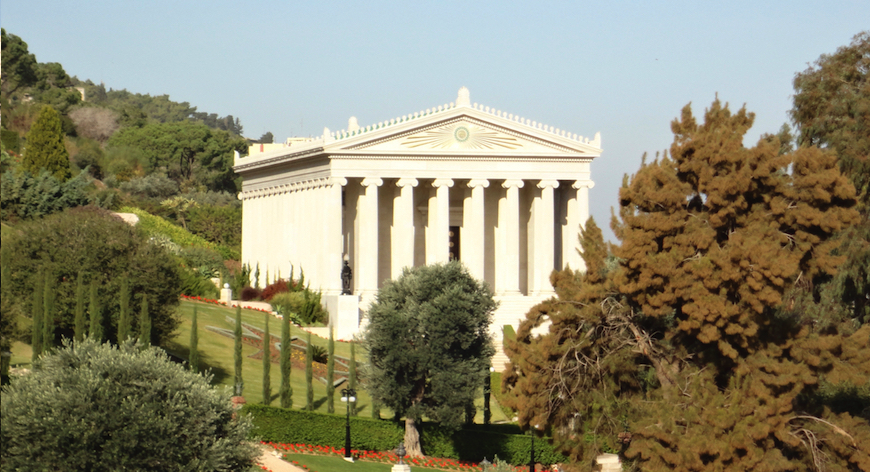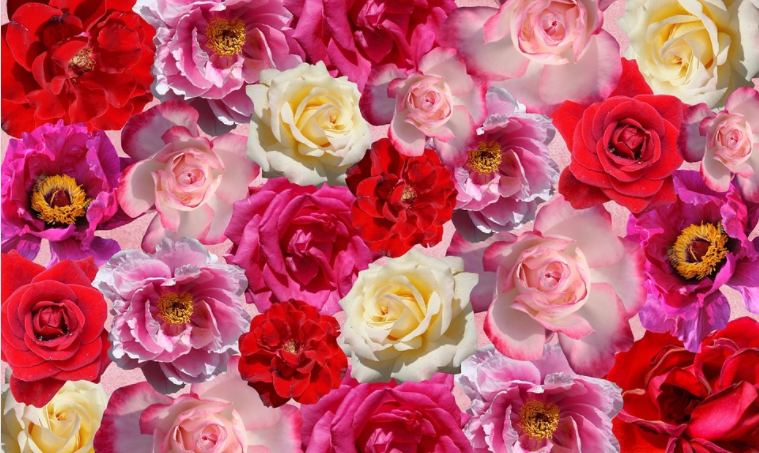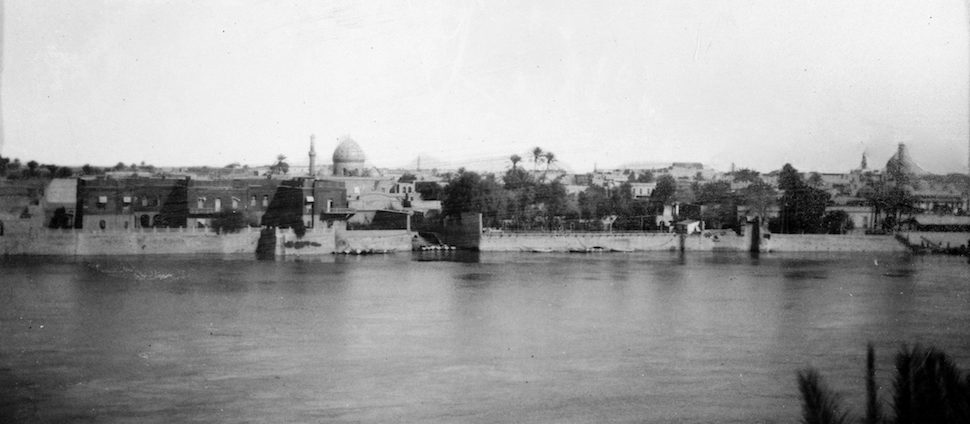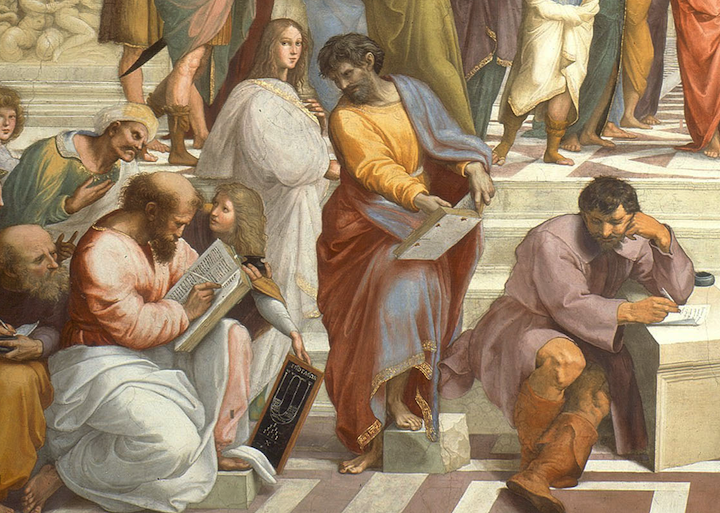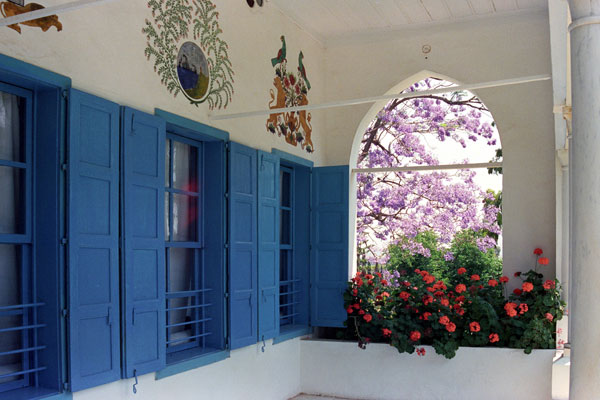Specific Teachings
-
On the Origin and Nature of Evil
Bahá’u’lláh’s writings emphasize the “better angels” of human nature: our potential for good. This call to rise to the positive potential inherent in us, coupled with avoidance of judgementalism, has shaped a culture of encouragement and mutual support that frames Baha’i community life. Nonetheless, Bahá’u’lláh also discusses the nature of evil. He calls us to a new understanding of what evil is and how it finds expression in the world. Ancient concepts of “demons” and “satan” are explained as symbols of the fallibility of human nature. This reconceptualization demolishes notions of mythic evil beings beyond human control. At the same time, it underlines our individual and collective responsibility to overcome evil in the world. As ‘Abdu’l-Bahá, Bahá’u’lláh’s…
-
The Sultan’s Puppet Show
Shortly after Bahá’u’lláh was condemned to exile and imprisonment in the prison-city of Akka, he wrote to the Grand Vizier responsible for his banishment. The letter (the Tablet to the Chief) condemns the injustice of the Grand Vizier’s order and warns of his impending demise. Part of the letter is devoted to a brief story from Bahá’u’lláh’s childhood. In the story, Bahá’u’lláh is at a marriage feast being held in his father’s home. As part of the festivities, the puppet show “Shah Sultan Salim” is to be performed. As the play begins, the puppets announce that the Sultan is coming. There is a commotion as the puppets prepare the Sultan’s way…
-
Looking Good – The Ornaments
Dressing up – and decorating in various ways – is a universal human practice. Clothing isn’t just functional. It serves complex social functions; it is used to communicate mood, occasion, status, function and gender. It is sometimes religiously mandated, marking the boundaries of “appropriate” or “modest” clothing. Sometimes such constraints have been the vehicle of oppression, particularly when imposed on women. Bahá’u’lláh abolishes religious constraints on clothing. The choice of clothing and the cut of the beard and its dressing are left to the discretion of men. But beware, O people, lest ye make yourselves the playthings of the ignorant.[1] Instead Bahá’u’lláh has in mind a different kind of human decoration.…
-
Seven Heavens and Extrasolar Planets
Australian skies look to the centre of the galaxy. The milky way is a bright band high overhead and the night sky an explosion of starlight. Distant and constant points of light, stars are infinitely older than our vanishingly brief time on this earth – so unconcerned with our petty happenings and trivial squabbles. They teach us a lot. Sadly in our modern world it has become harder to even see the stars. Certainly, their pristine glory is rarely seen, particularly if we live in one of the world’s megacities. With an interest in the night sky, the following passage from Bahá’u’lláh’s writings is one of my favourites. Bahá’u’lláh is responding to a question…
-
Civilization and its Excesses
Bahá’u’lláh called on all human beings to work for the advancement of civilization, yet he also warned of the danger of carrying civilization to excess. All men have been created to carry forward an ever-advancing civilization.[1] And yet: If carried to excess, civilization will prove as prolific a source of evil as it had been of goodness when kept within the restraints of moderation. Meditate on this, O people, and be not of them that wander distraught in the wilderness of error. The day is approaching when its flame will devour the cities….[2] Bahá’u’lláh wrote in the 19th century. His insight of the approaching danger saw far ahead of his contemporaries, who tragically could not see the appalling dangers ahead. The following is from an…
-
Each Morrow Richer than its Yesterday
We all make mistakes. How we deal with our own mistakes and of those around us has important implications. Too often we stand in judgement of our fellow human beings. It’s an attitude that is corrosive to our own connection with the sacred, and in its worst manifestations creates a judgemental and oppressive community. Despite the prevalence of this human behaviour, the idea that we ought not judge others is ancient and familiar. Bahá’u’lláh reminds us in his Hidden Words that it is a core insight from the spiritual wisdom of the world. Breathe not the sins of others so long as thou art thyself a sinner.[1] How couldst thou forget thine own…
-
We Are One – Bahá’u’lláh’s Teachings Against Violence
Human beings are not inherently violent. But that we have a problem with violence is undeniable. How many times have prophets, poets, philosophers and philanthropists of all kinds called us to love and peace? Yet how many times have human beings found (indeed continue to find) excuses for violence? In this article five aspects of Bahá’u’lláh’s teachings against violence are discussed: individual violence, religious violence, political violence, domestic violence and interstate violence. An aspect of the oneness of humanity – that human beings ought be like “one soul and one body” is that violence between human beings ought become a thing of the past. Bahá’u’lláh wrote: … it is Our purpose, through…
-
Bahá’u’lláh on Good Government
We live in a time of increasing distrust between citizens and institutions of government. Ordinary people seek solutions for what they experience as failures of government, yet institutions of governance struggle to genuinely connect with affected populations. What light does Bahá’u’lláh’s thought cast on what constitutes good government? Bahá’u’lláh lived under absolute monarchies. His own experience of government was one of oppression, expressed in unjust and successive imprisonments and exiles. Justice as a dimension of good government is a strong theme of Bahá’u’lláh’s writings. O kings of the earth! We see you increasing every year your expenditures, and laying the burden thereof on your subjects. This, verily, is wholly and grossly unjust…. lay not…
-
A Mountain of Roses: The Ridvan Festival
The second exile of Bahá’u’lláh by the Sultan of the Ottoman Empire, this time from Baghdad to Constantinople, is not remembered as a time of sorrow. It is remembered as a time of joy. For this time, in April 1863, marks the time when Bahá’u’lláh declared his mission to his closest friends and followers. For nearly 10 years, Bahá’u’lláh had restored the remnant followers of the Bab in Baghdad. He was a figure to which the community had naturally turned. As his fame grew, an increasing stream of visitors had come to his door, some travelling from Persia, including some high-ranking members of the Persian court. Writings such as the Hidden Words, the…
